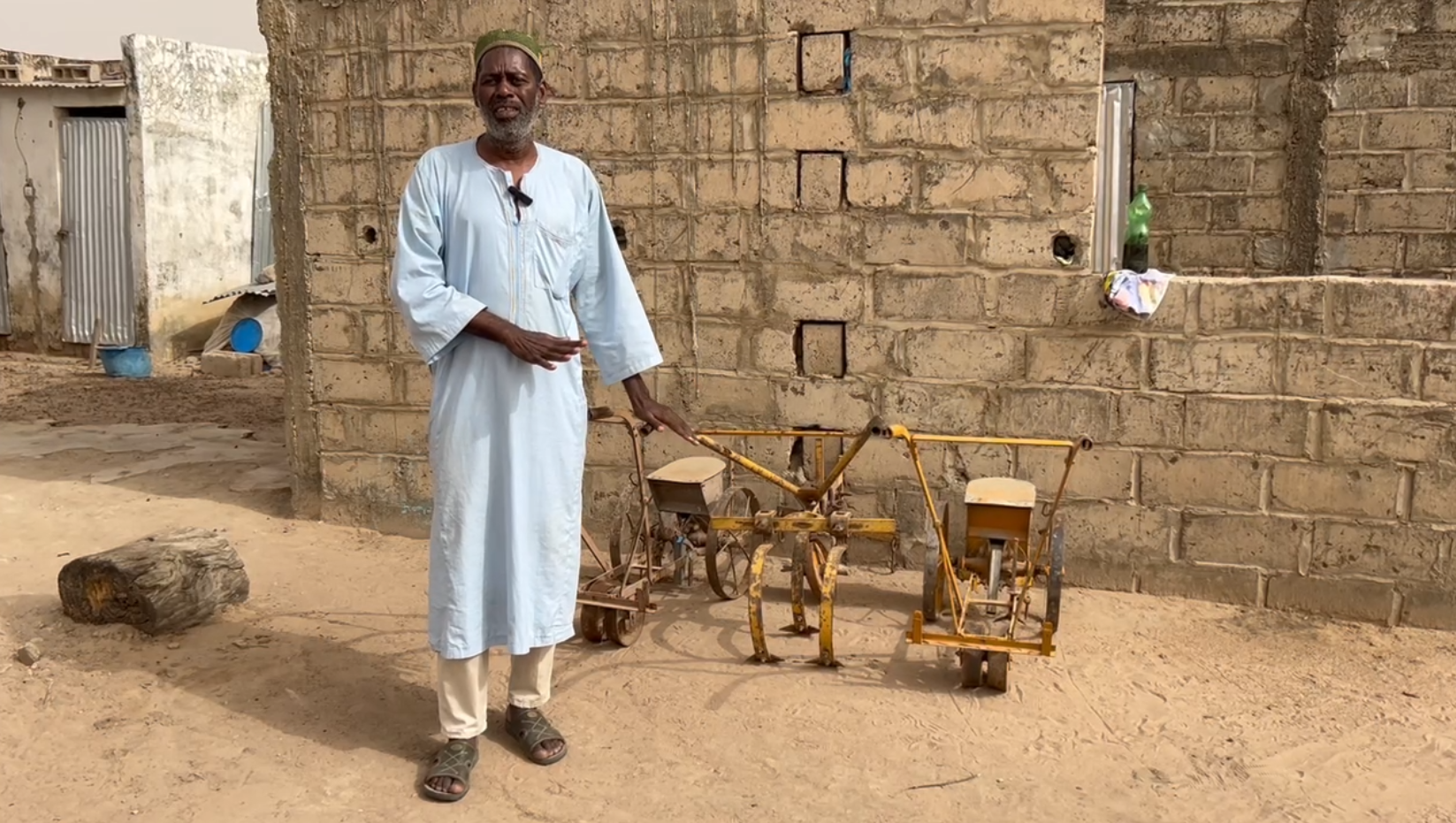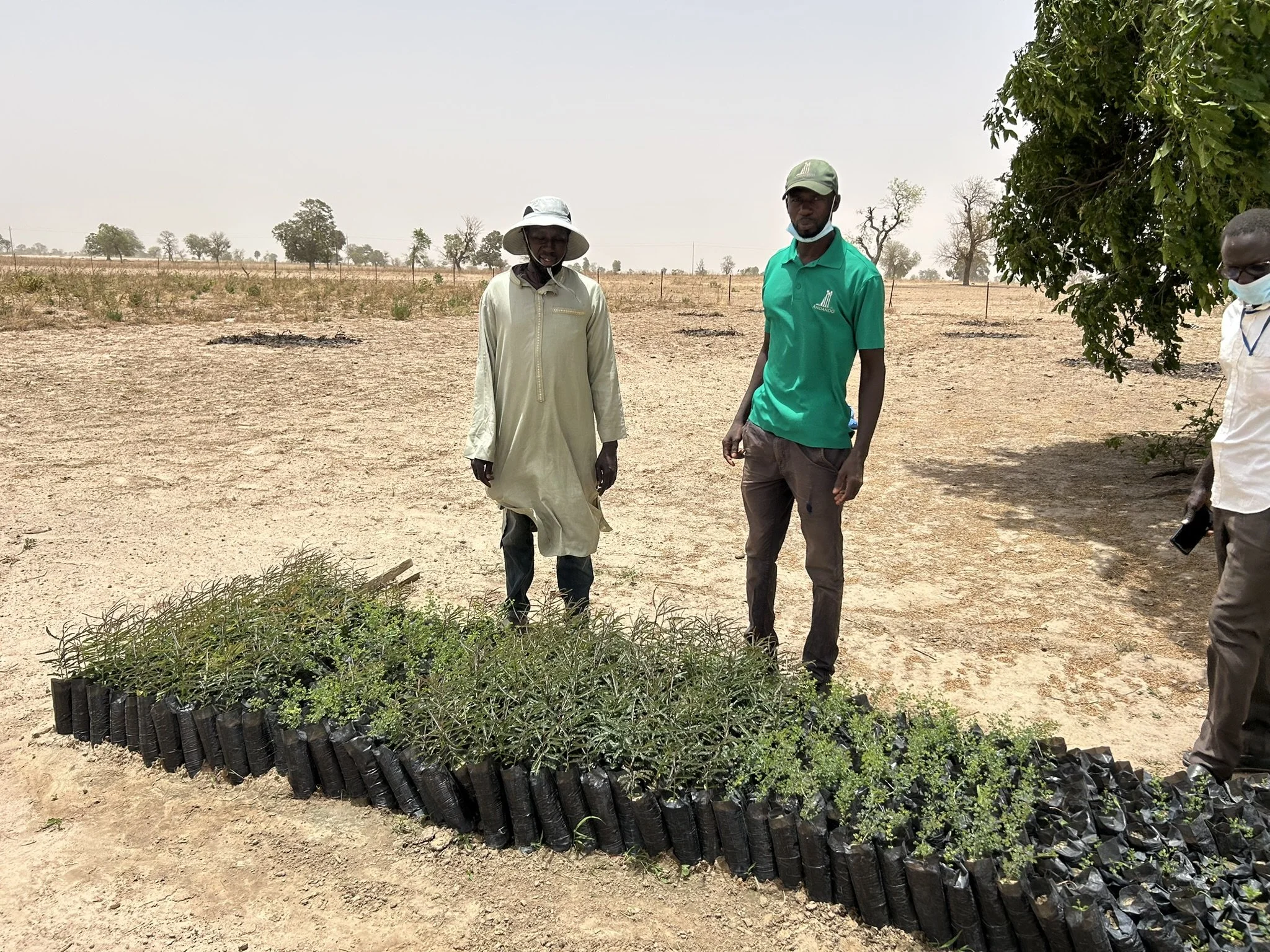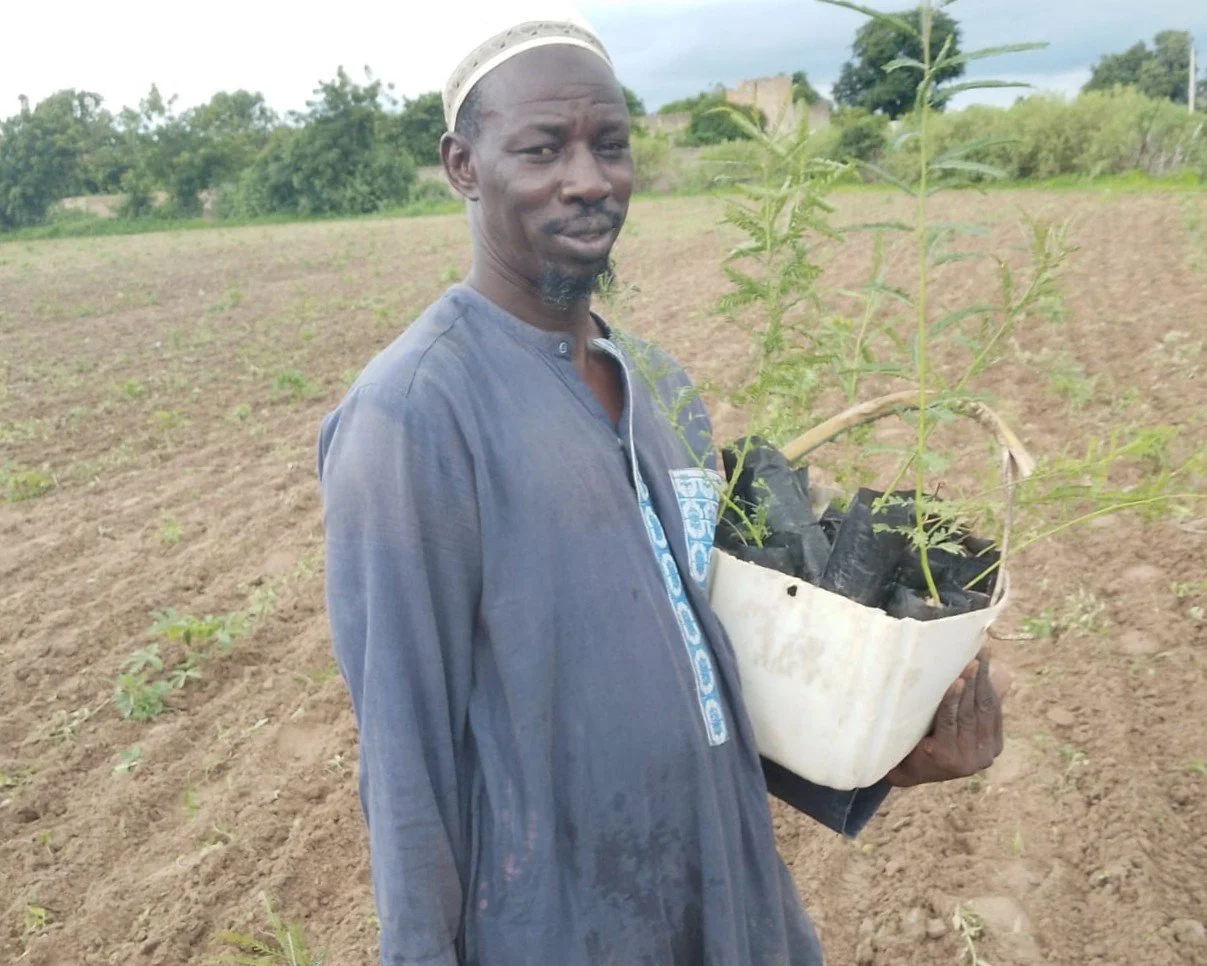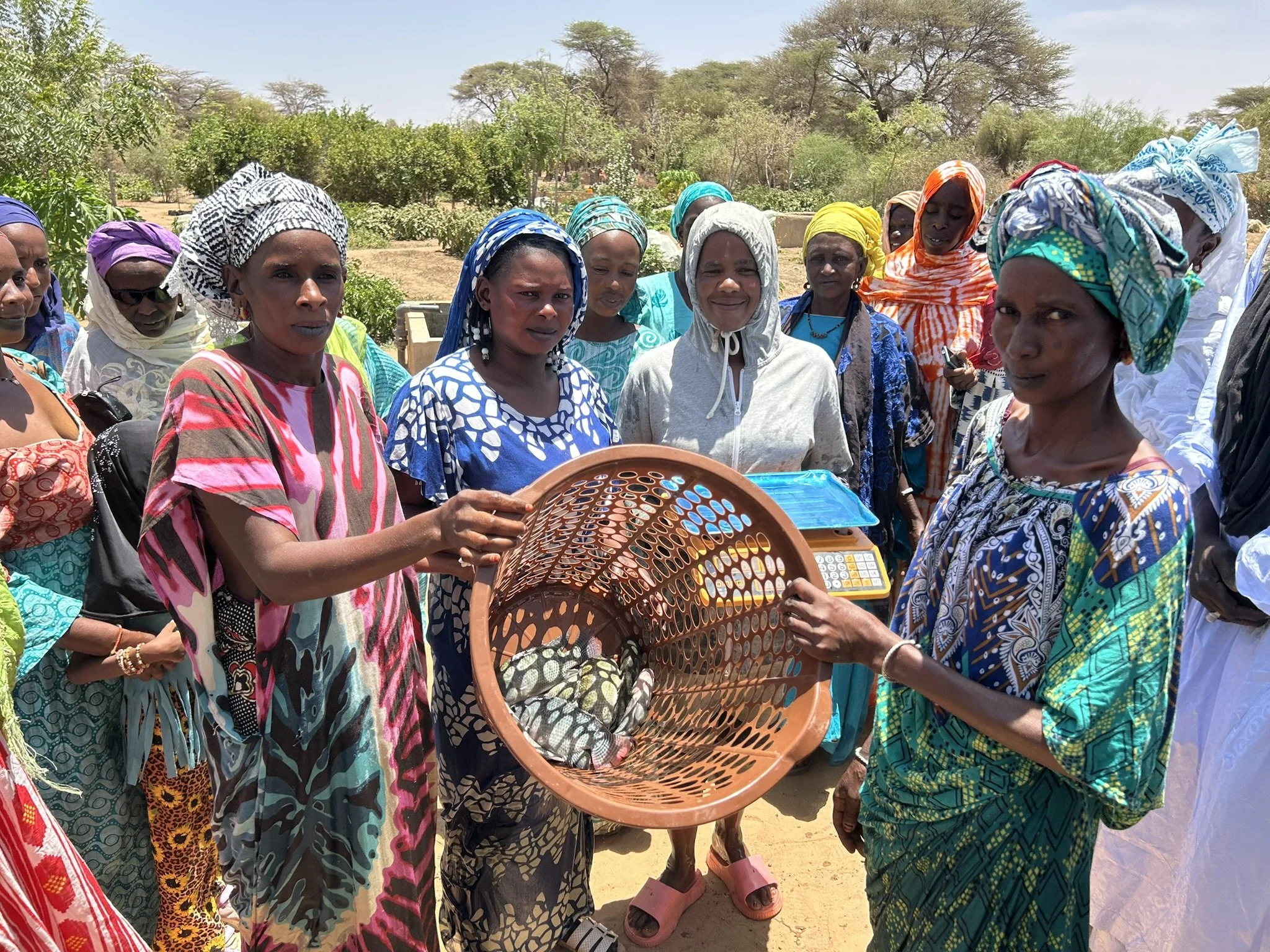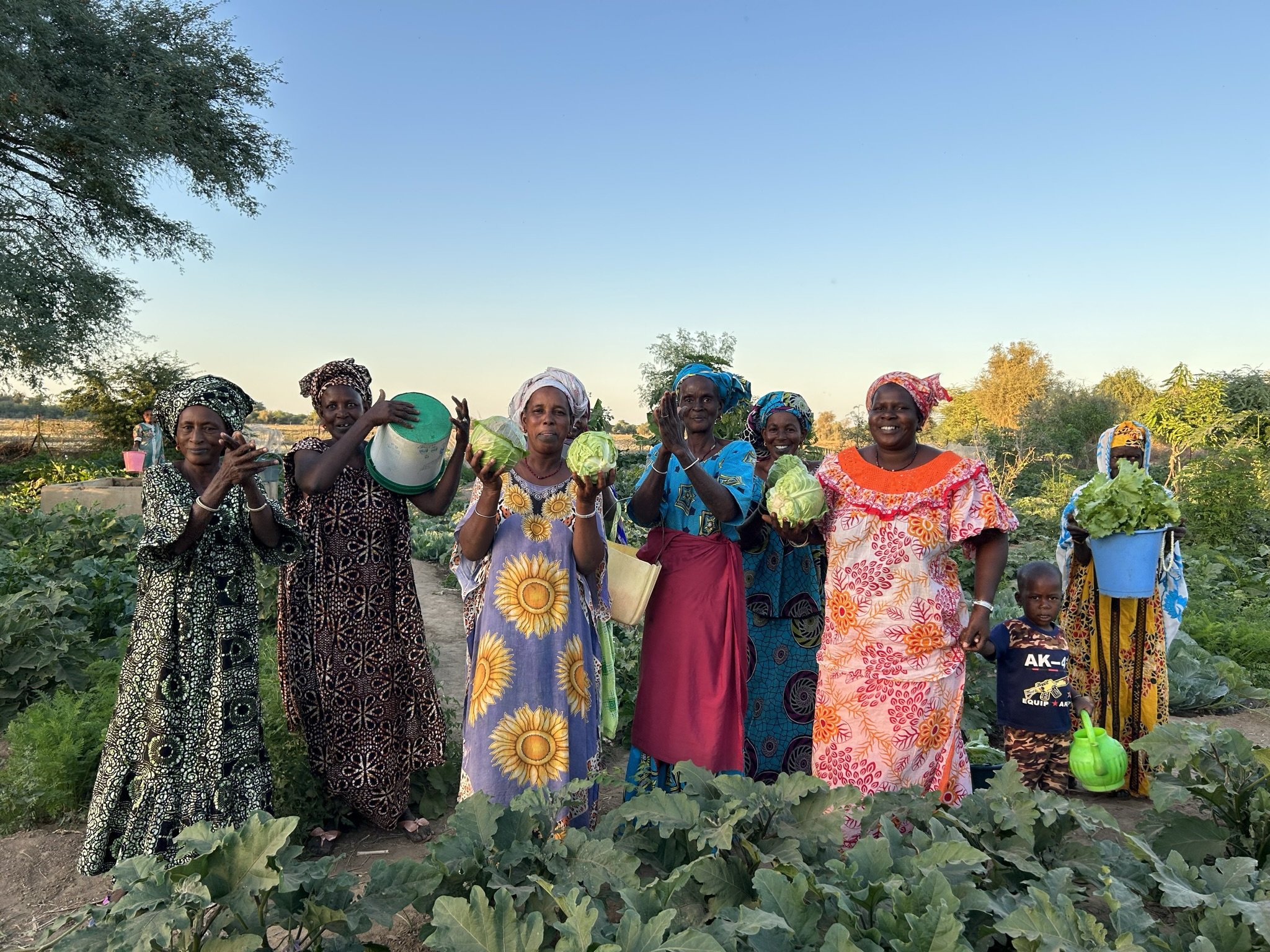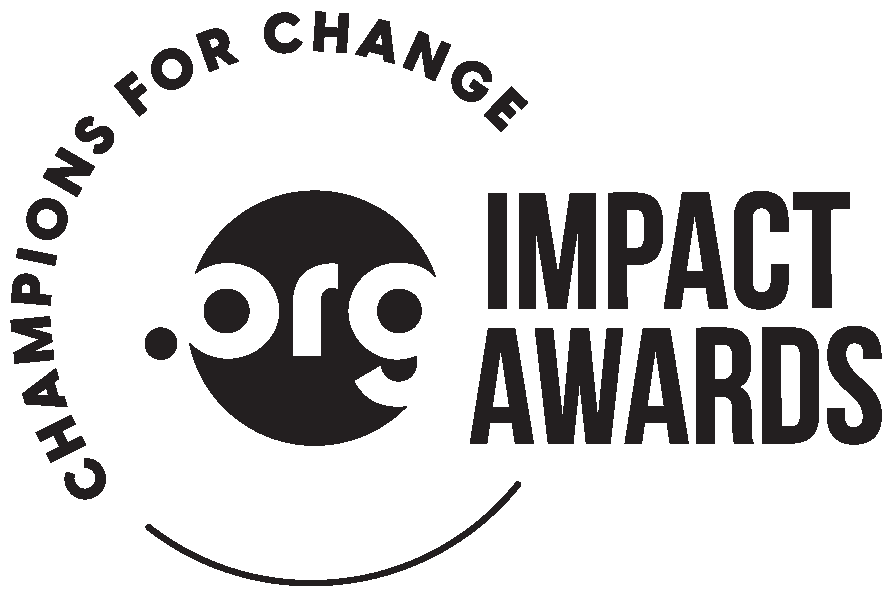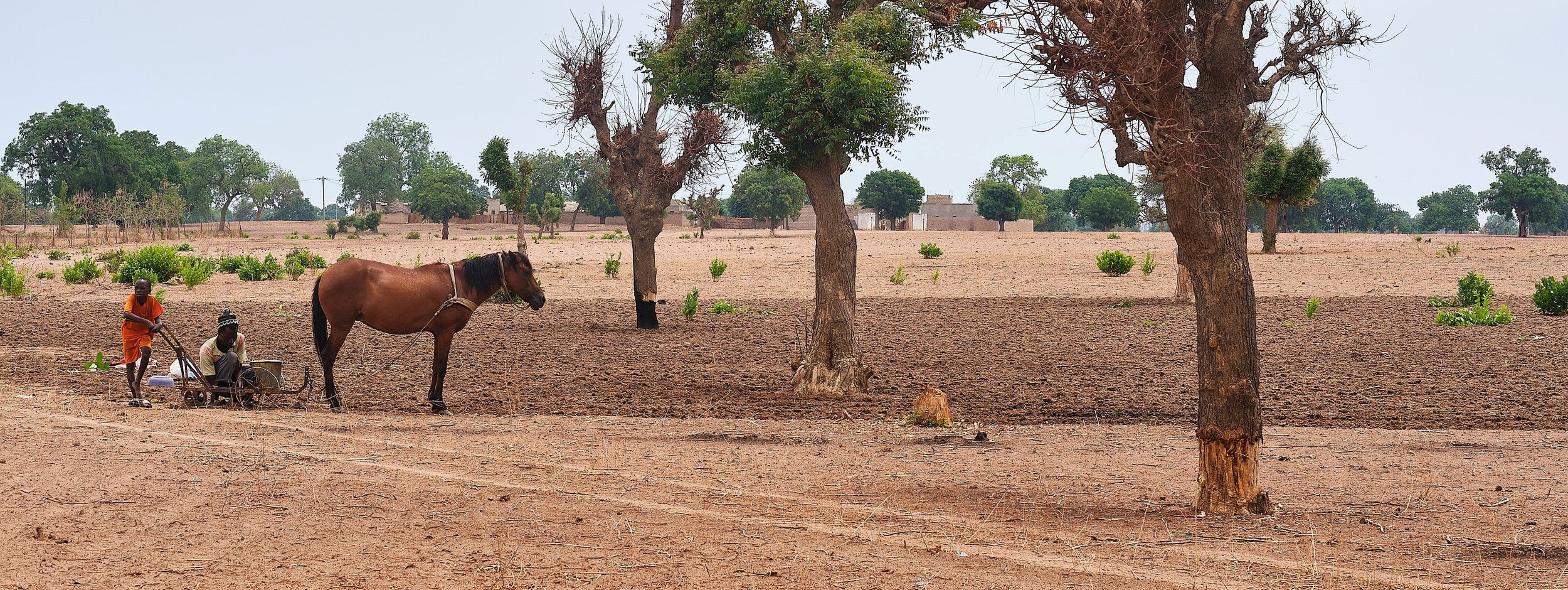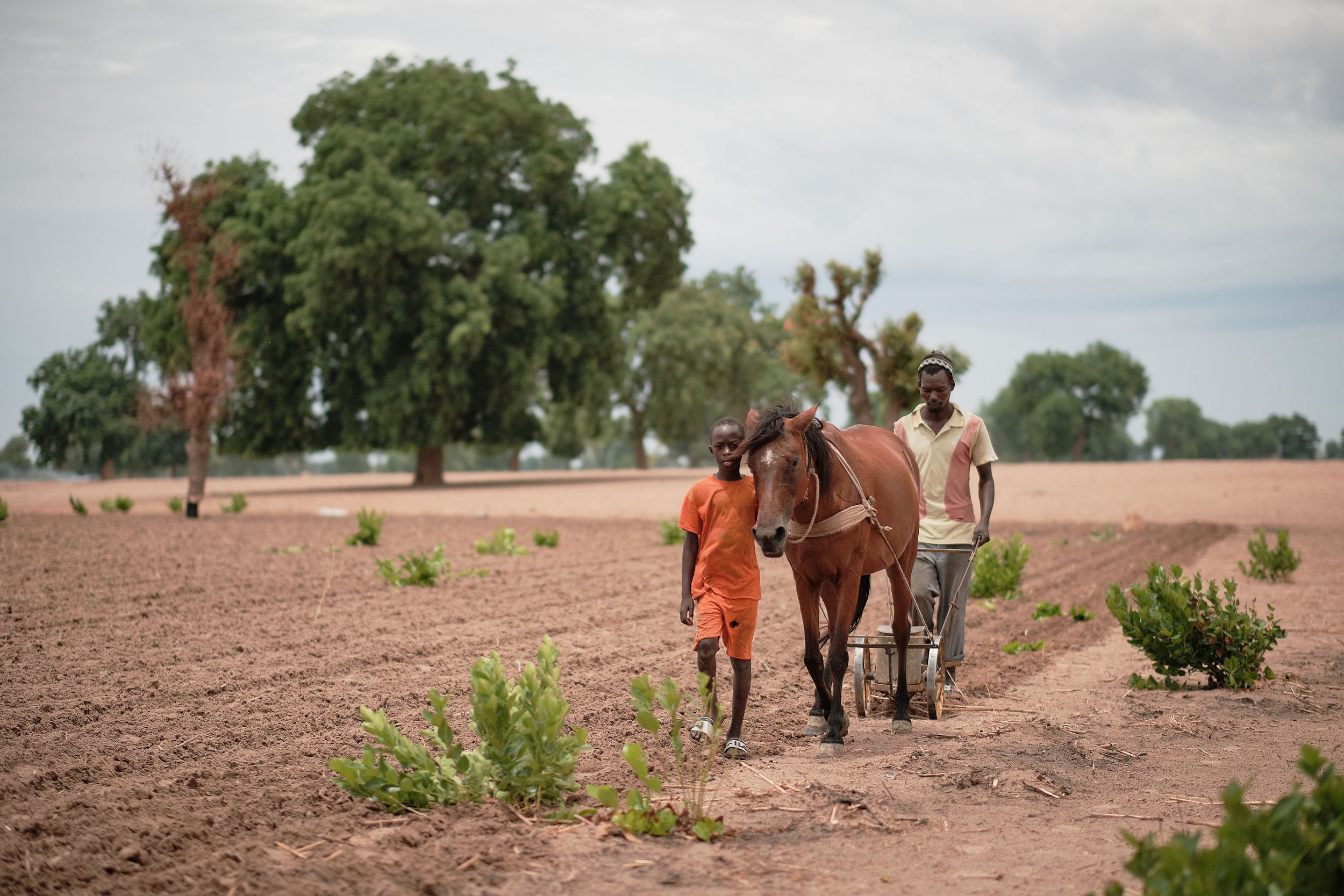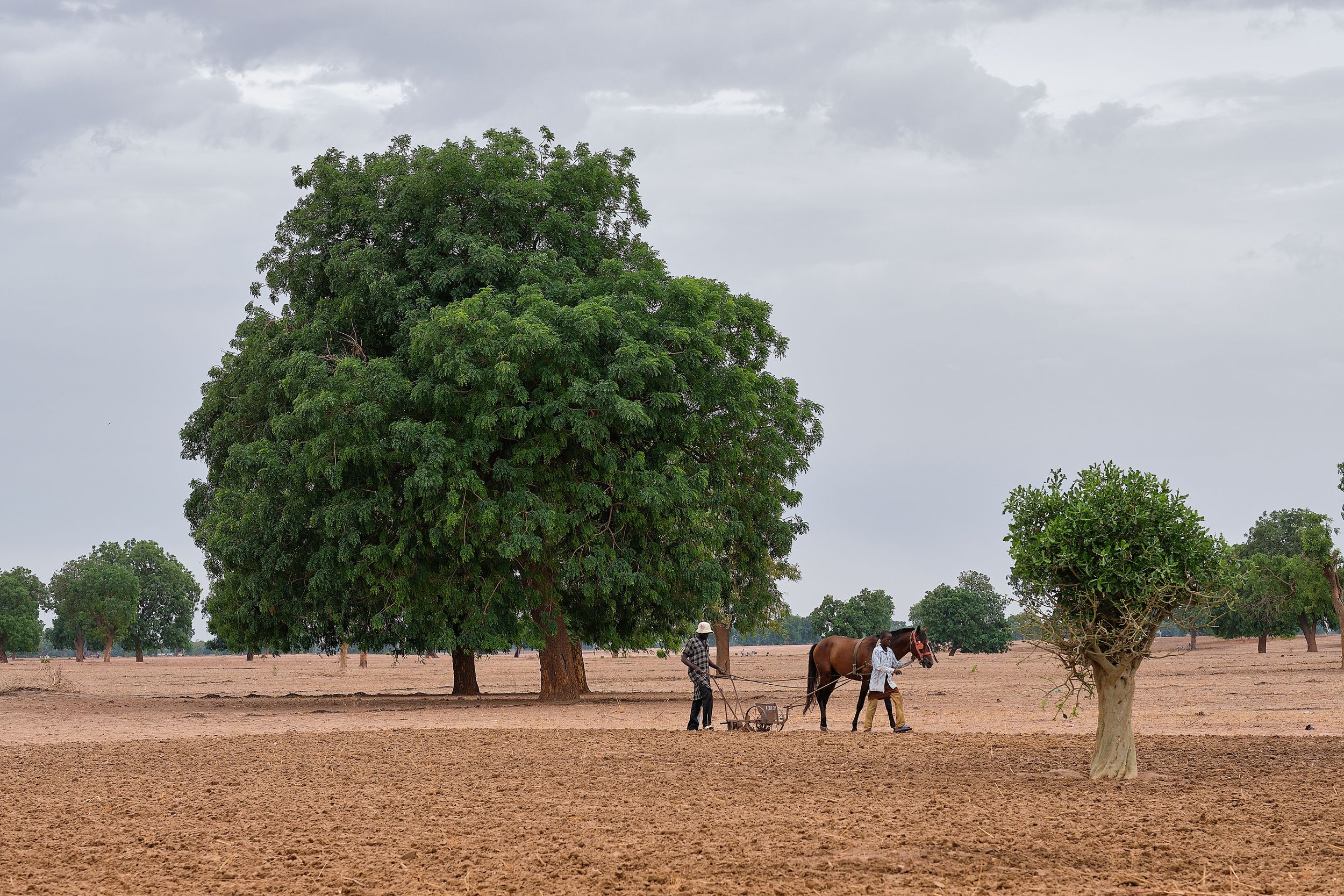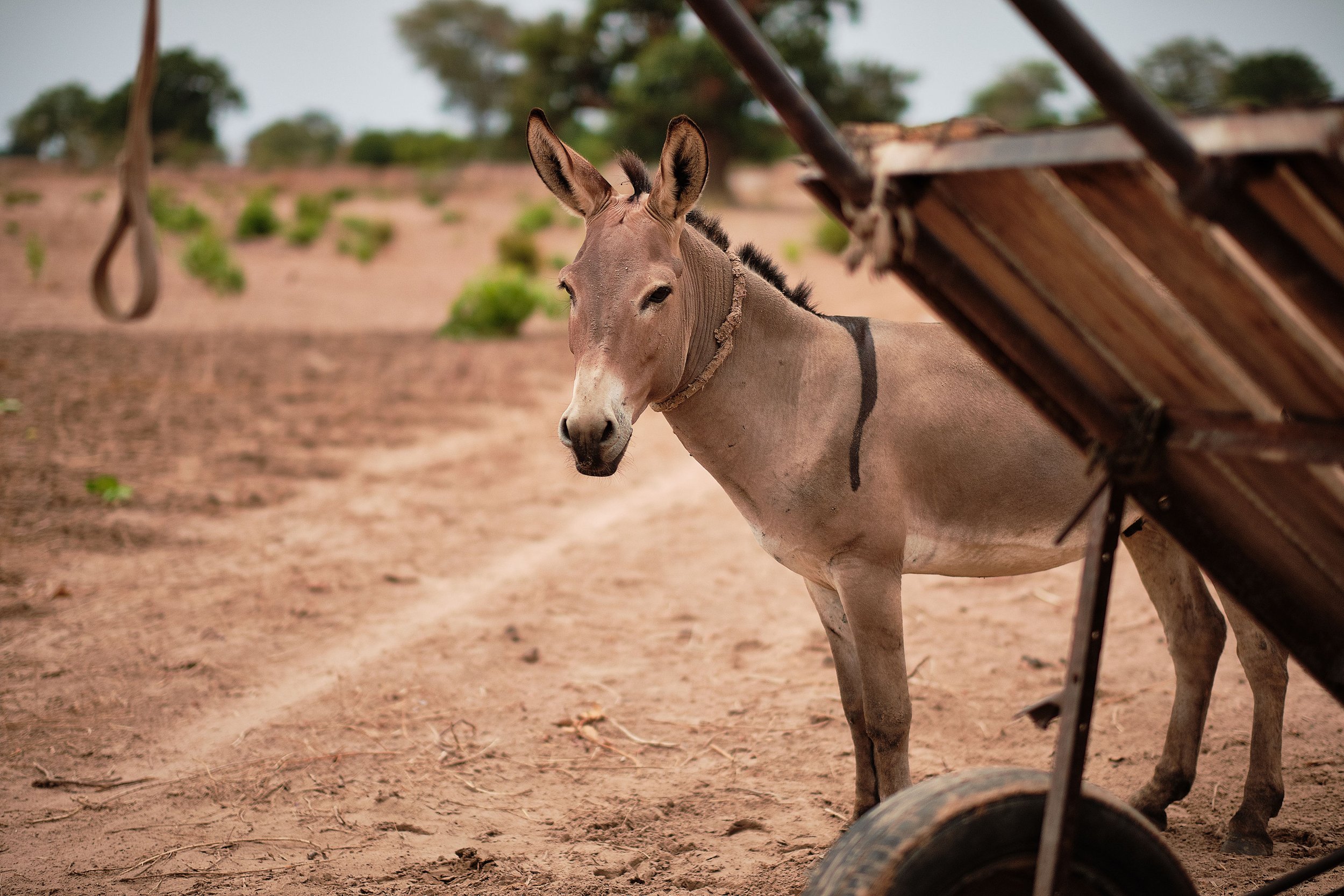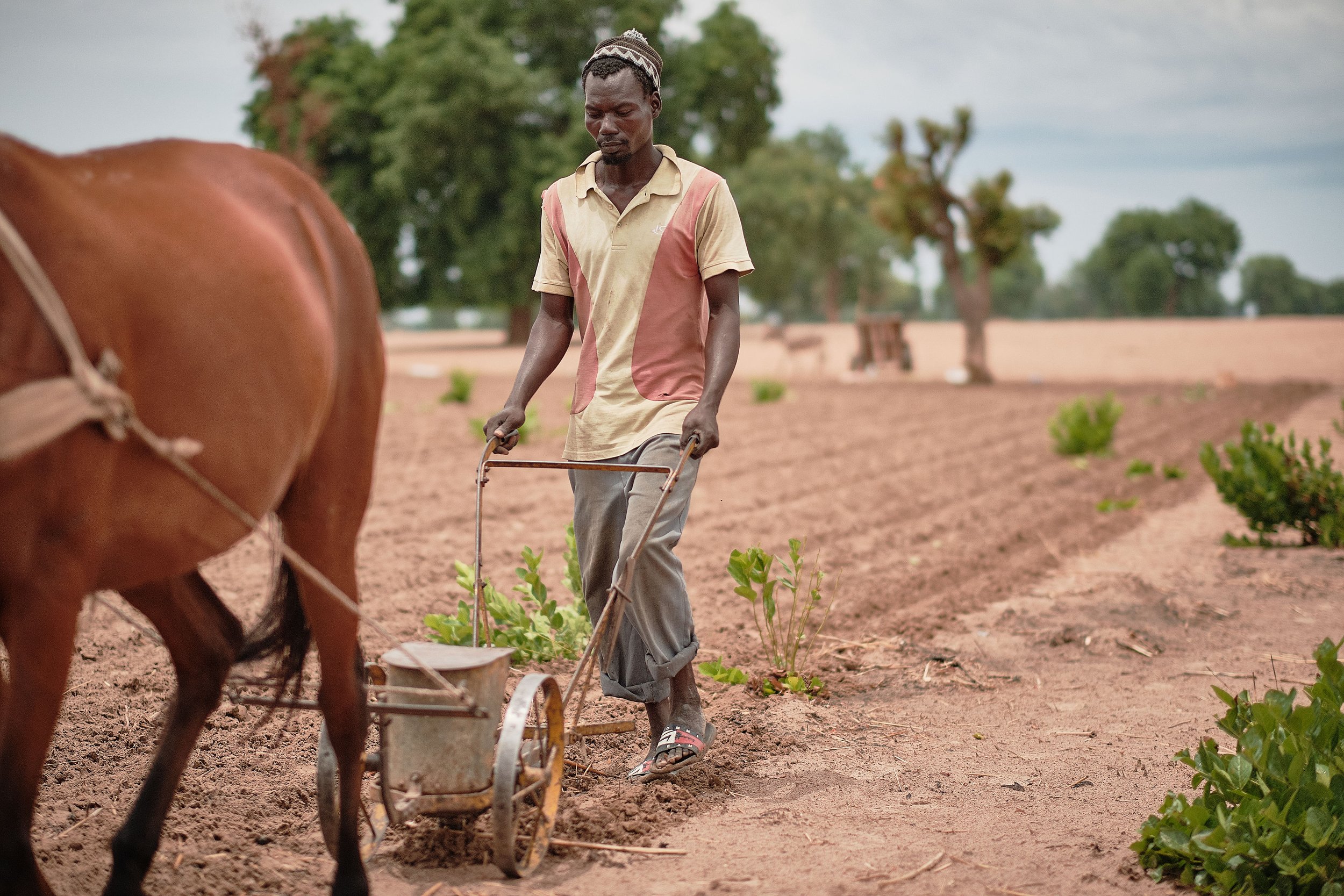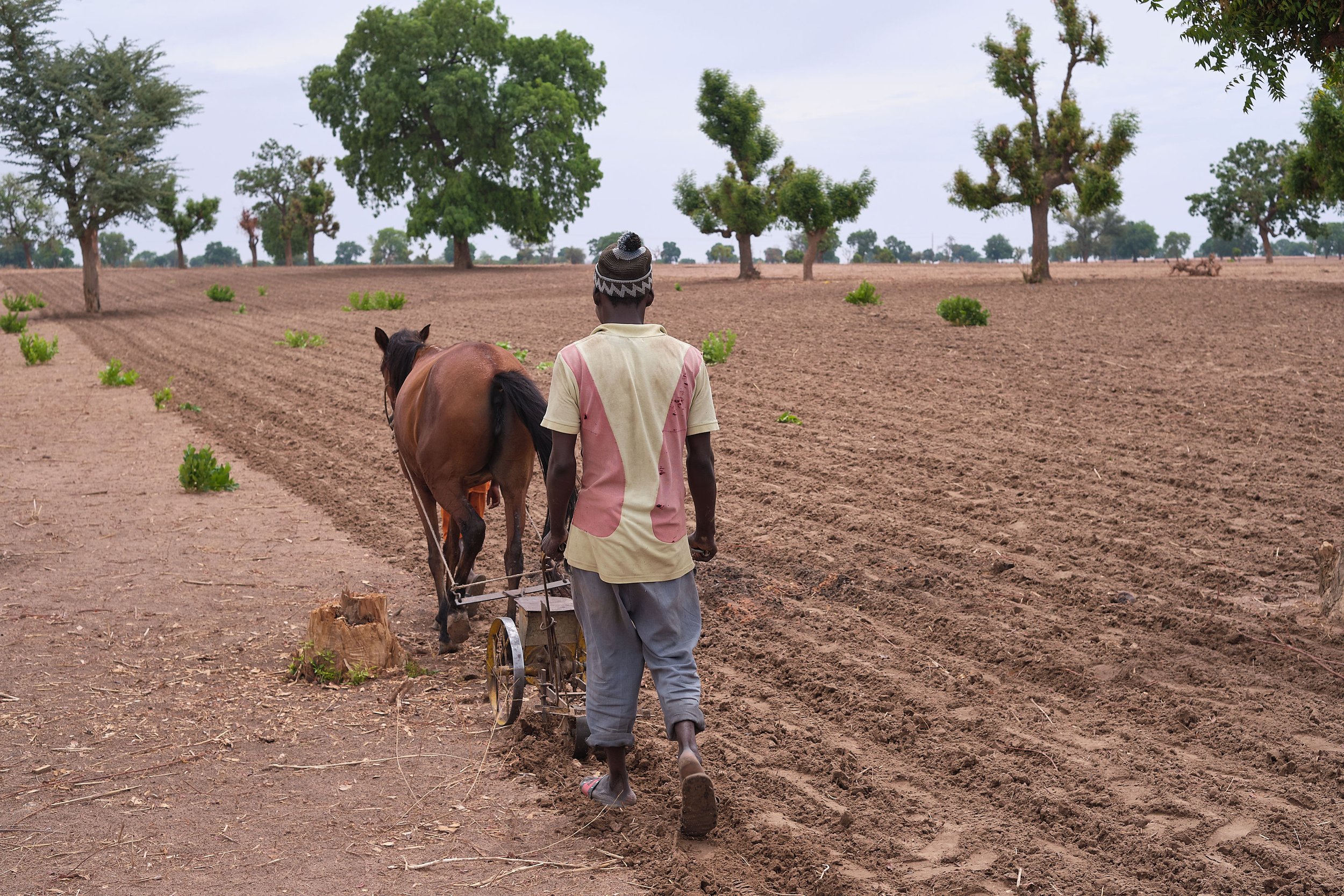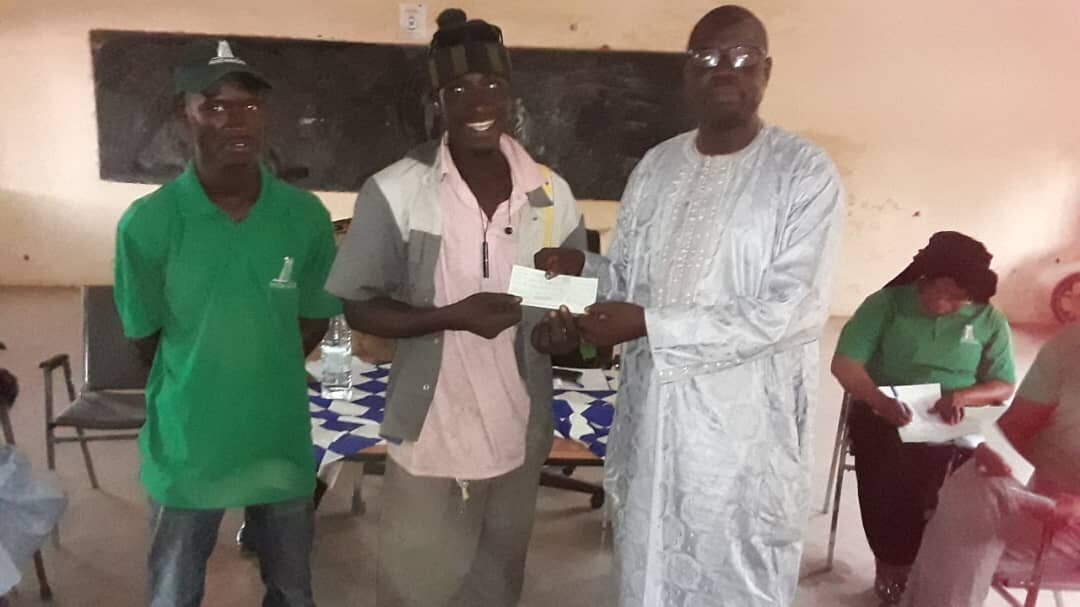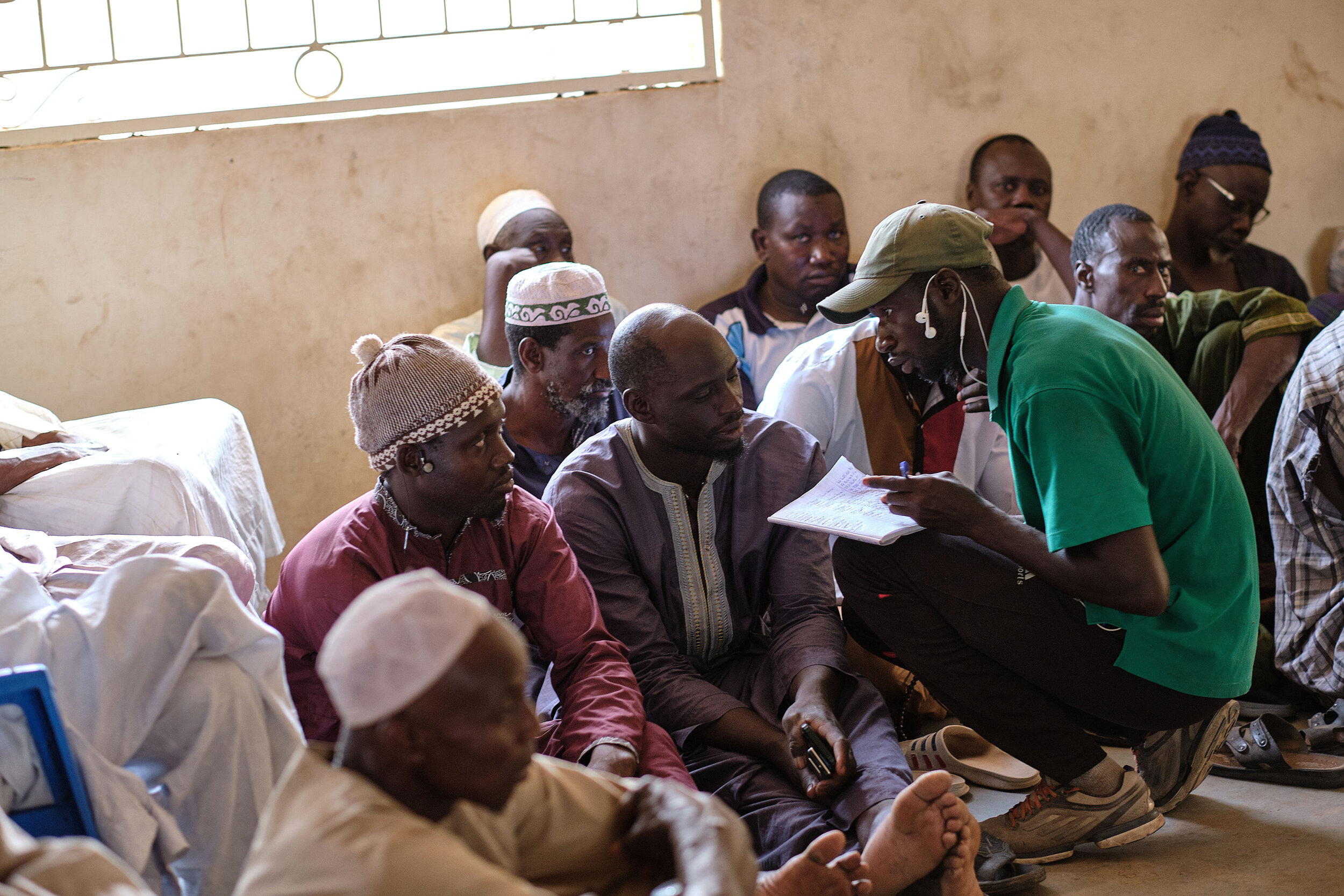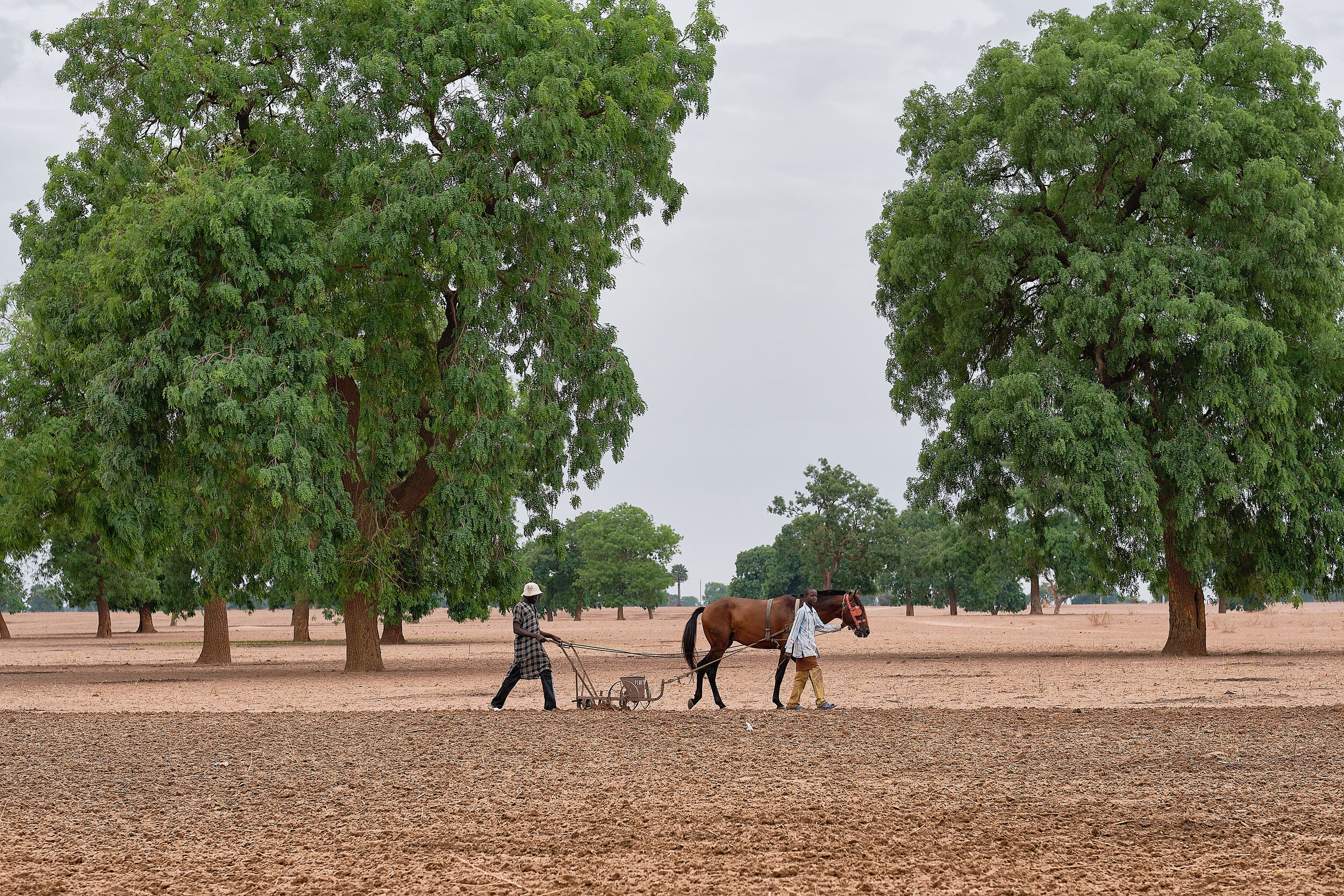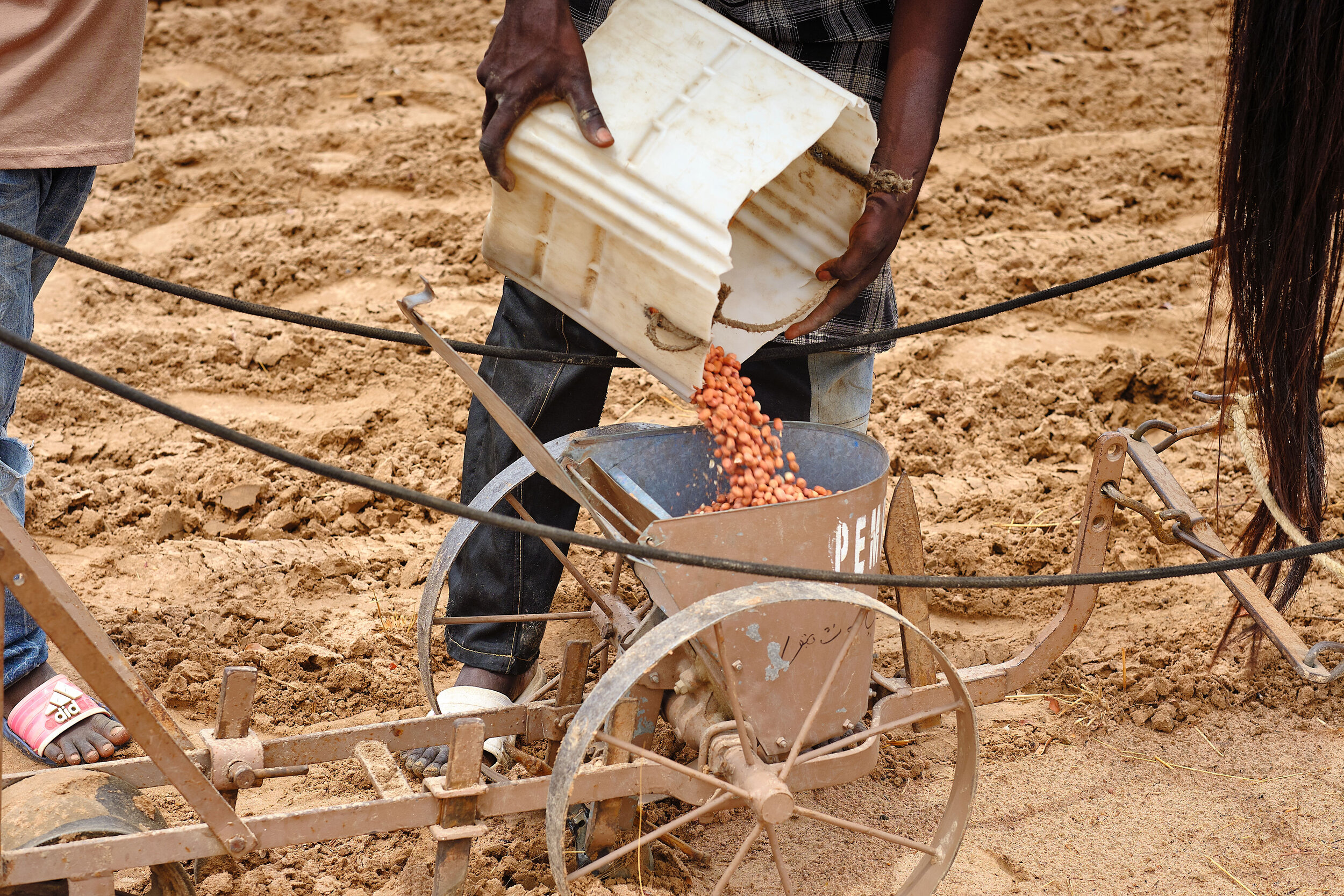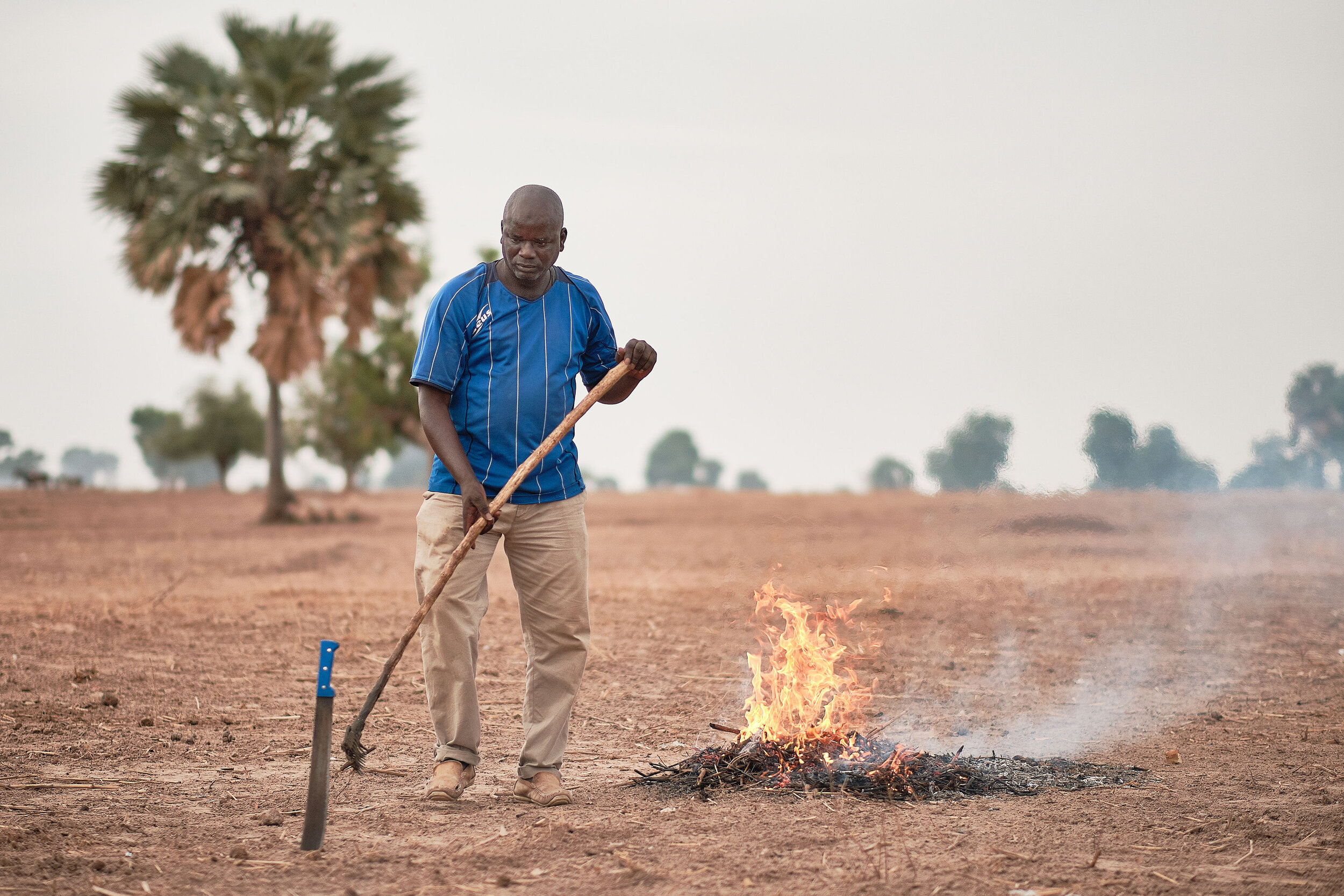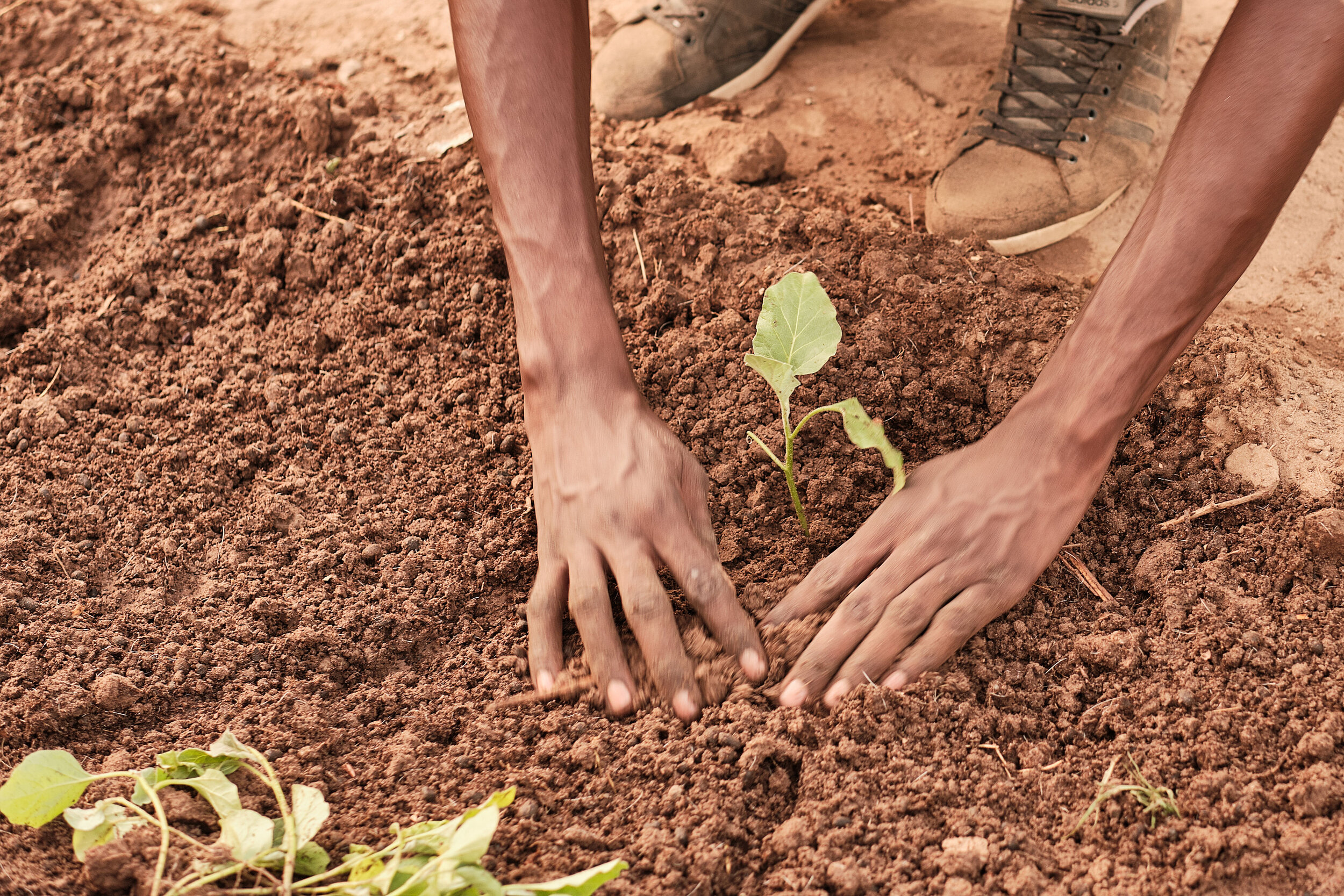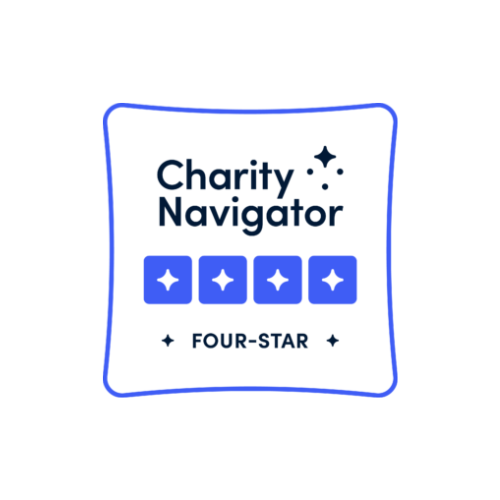This summer Andando distributed our annual allotment of nearly 200 microloans to farmers in the Keur Soce region. Year after year, this program quietly multiplies its impact, with the same funds reloaned repeatedly to help families make the most of Senegal’s short rainy season.
Take the Village Chief of Sama Toucouleur, Mr. Hamath Ka, for example:
With his loan, Mr. Ka purchased a seeder and plow, allowing him to plant on time instead of waiting to borrow equipment.
“Before joining this project, every year I would take my seeds and my horse, and I would go to the fields to wait for those who had finished plowing to lend us their equipment. Now people borrow these things from me.”
Having the right equipment means farmers can react quickly when the rains arrive, ensuring stronger harvests. Yet changing rainfall patterns make farming in the Sahel increasingly unpredictable.
Mr. Ka explains: “The harvest depends on the rain because sometimes it can be abundant, other times not. But with trees, it’s much more profitable.”
Across the region, farmers are planting trees alongside their field crops to naturally improve yields.
Andando’s programs are shaped by the voices of our partners, which is why we have expanded tree production over the past two years to respond to these needs.
This year’s microloan recipients received training in restoring their land by planting and protecting native trees.
A farmer from Haffé, another loan recipient, tends his personal nursery of more than 1,000 trees started with Andando’s support.
Today, every microloan recipient also receives trees and training in Farmer Managed Natural Regeneration, helping to build long-term financial and ecological resilience, which reduces the pressure to migrate abroad. Mr. Ka is a passionate advocate for building a future for his children right here in Senegal.
Mr. Ka dreams of the day when he can fill his fields with trees so they will be as green year-round as the Sama Toucouleur Women’s Garden.
“If we protect our fields together with trees, we won’t need to go to Europe to find wealth because we already have it here. The wealth is here, the land is here. All we need is access to water and to protect our fields, and everything will be fine. That’s why I would like help to have a field full of trees, so my family and I can work together.”


